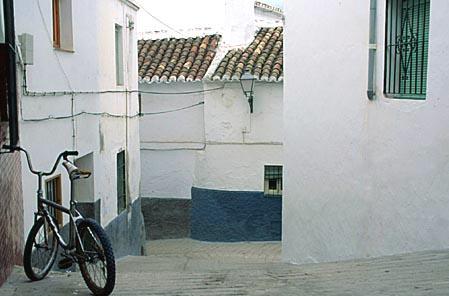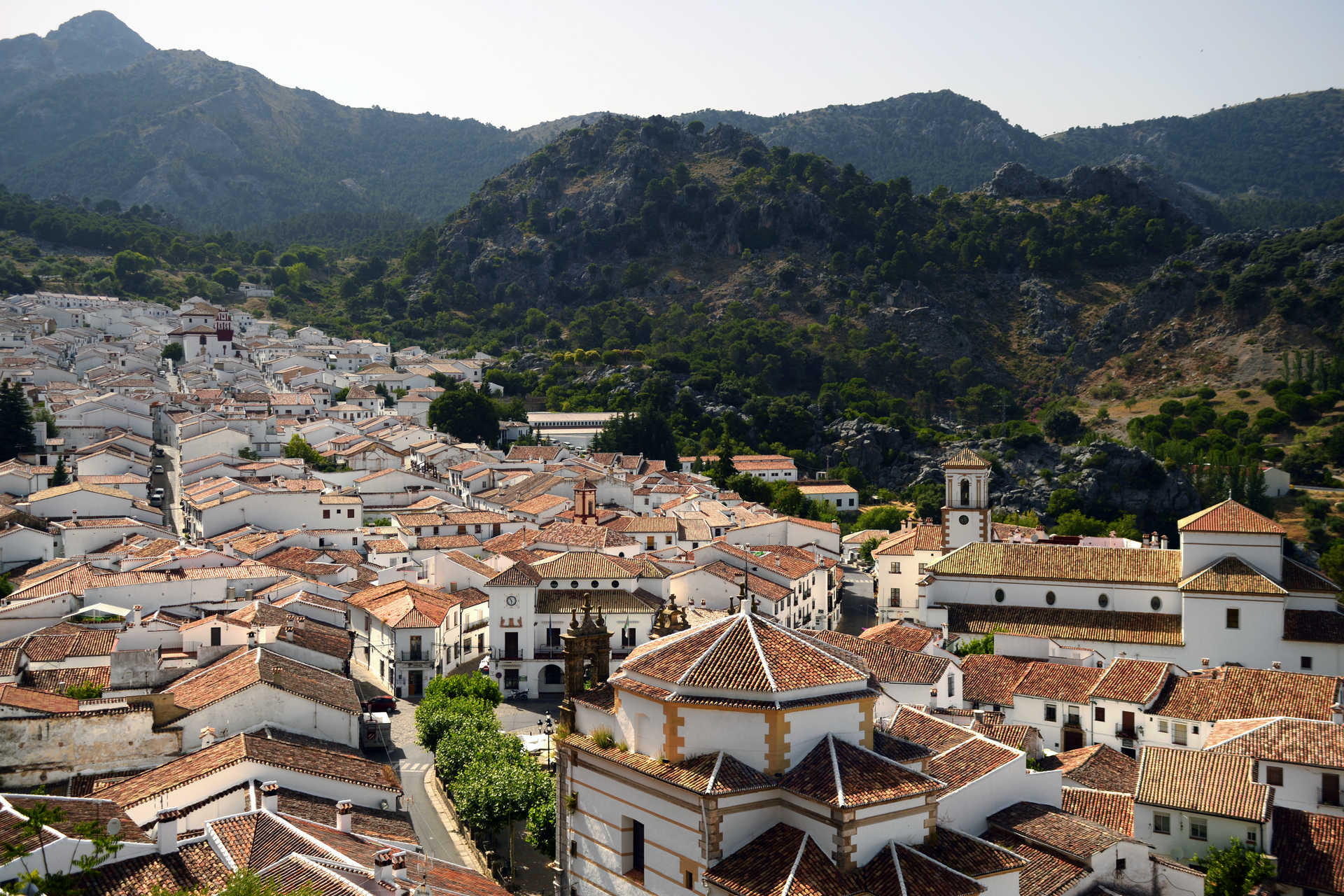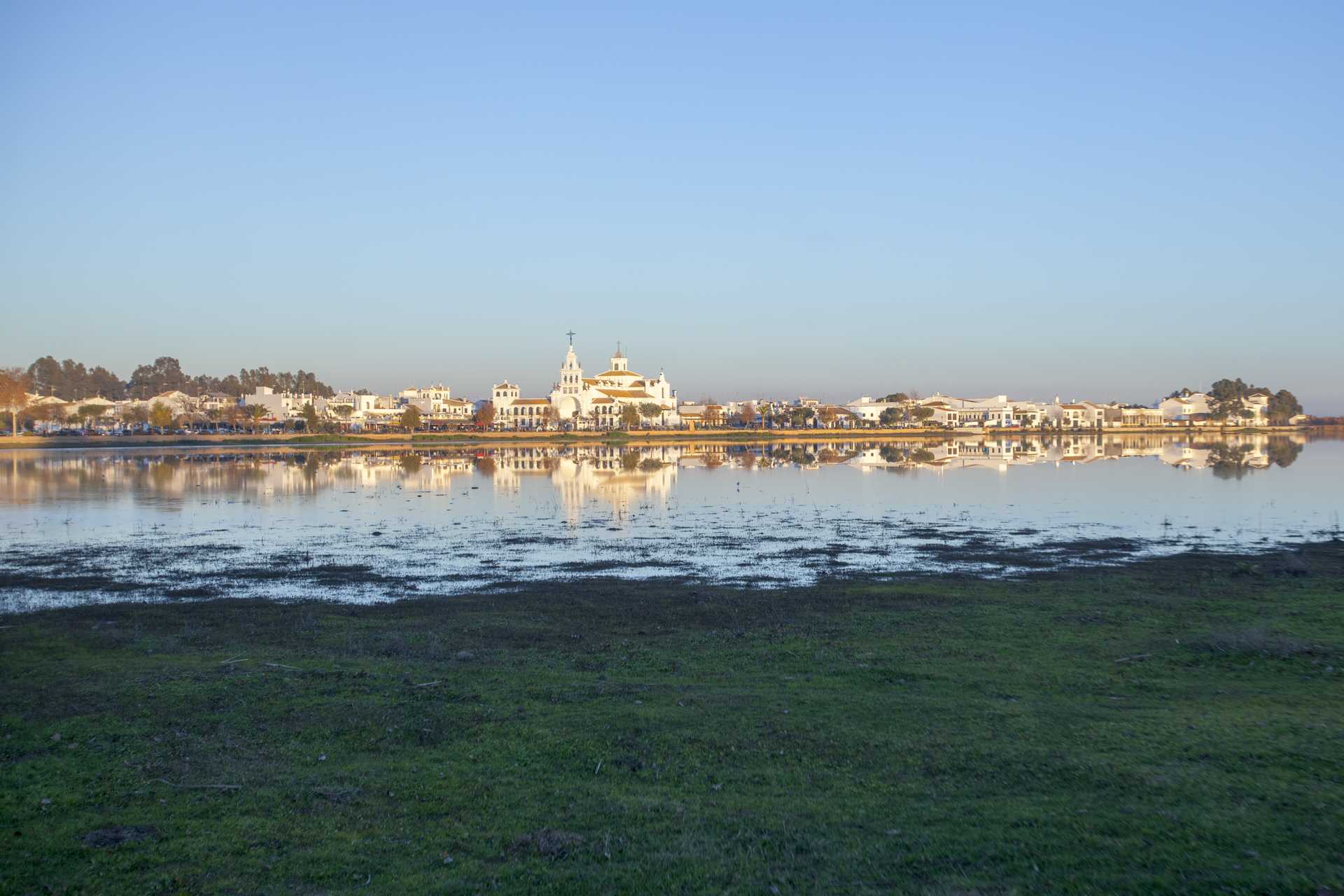Yunquera

It retains the hallmark of its Arabic past in its steep, narrow streets of whitewashed houses with roof which sometimes open to reveal small terraces. However, the best testimony to its Andalusi-Arabic origins is the Mozarabic chapel which stands some 500 metres from the village.
Other points of interest are Our Lady"s Chapel, the tower at Las Abejas Pass and, in Sierra de las Nieves Natural Park, locations which afford excellent panoramic views such as Hoyo de las Colmenas, La Caina Gorge or La Fuente de la Perdiz.
History
Archaeological remains
have been found of several Roman country houses grouped together in a settlement that the Romans called Juncaria, meaning "meadow of reeds".
A building just outside the village known as the Arabic chapel and remains of an old wall survive from the Andalusi-Arabic period. In the final stages of the Emirate of Cordoba (886-912), Yunquera was part of the kingdom of Omar Ben Hafsun (854-916), the famous muladí (Christian convert to Islam) leader born in the Serrania de Ronda region who gained control of a large portion of eastern Andalusia, establishing his stronghold at Bobastro, the exact location of which is uncertain but which is thought to have stood in or near the Serrania de Ronda. When Bobastro fell in 928, after the defeat of Omar"s sons at the hands of the first Caliph Abd-Al Rahman III, the village became part of the cora (region) of Rayya (Malaga), within the Caliphate of Cordoba.
It was captured on behalf of the Catholic Monarchs by Diego de Barrasa in 1485. Following the expulsion of the last remaining moriscos (Moslem converts to Christianity) in the 16th century, the village was repopulated with Christians from Estepa (Seville).

- Max 15
- Min 9
- Max 59
- Min 48
- °C
- °F








